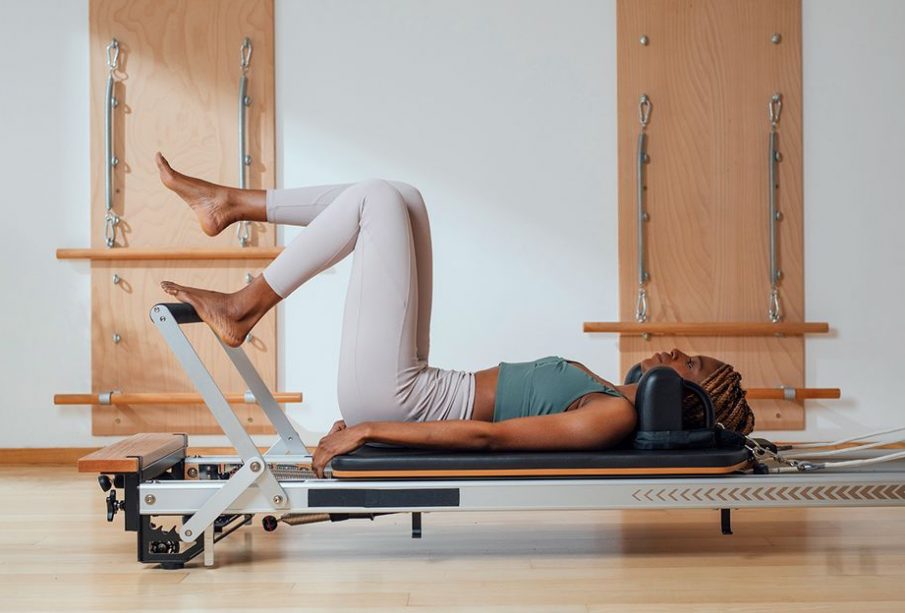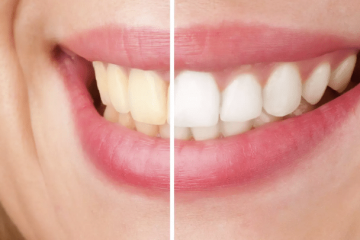
Pilates is an exercise program known for its long, lean muscle and strong core. According to prior research, the program includes 50 exercises that improve muscle strength, endurance, balance, flexibility, and posture.
It helps in stretching and strengthening the muscles of the forearm, arm, neck, back, hips, thighs, and legs. It helps enhance the powers of the hips, legs, forearms, arms, neck, and back.
You may not even notice them when you look in the mirror. Here are seven benefits of Pilates.
Improved Balance, Strength, and Flexibility in Older Adults
Dr. Vaksha says that Pilates exercises, which focus on the core, can improve balance.
It doesn’t stop there: A meta-analysis of randomized control trials showed that Pilates improved dynamic stability, lower limb flexibility, hip and lower-back strength, and cardio endurance in adults over 60.
Pilates doesn’t have to be complicated. A systematic analysis and meta-analysis found that Pilates was safe and affordable since all you need is a floor mat.
Falls Risk Reduced
Increased physical function can also help protect from falls, which are a common reason for a trip to the emergency room for older adults each year, according to the controlled randomized trial concluded that while any exercise can improve strength and balance, which reduces the risk of falling, Pilates had a more significant impact than a general fitness routine.
Reduced Injury Risk
Pilates can help build core muscles and improve body stability, reducing the risk of injury. This is according to Heather Milton, a board-certified exercise physiologist at NYU Langone Health, New York City.
It is possible to reduce the risk of injury due to overuse in active children and adults.
Researchers said that a study published in August 2017 by the International Journal of Sports Medicine found that recreational runners who completed a 6-week Pilates program saw improvements in their functional movements (as measured using a deep lunge, a hurdle step, and a deep squat). This helped reduce the risk of injuries related to running, they added.
Eight adolescents completed an eight-week Pilates course in another small research, which will be published in February 2020 by the Journal of Exercise Rehabilitation. Participants increased muscle mass, trunk strength, and shoulder power. Researchers concluded that this would help improve performance and prevent future injuries.
Less Lower Back Pain
Vaksha recommends regular Pilates and Yoga to patients with back problems. Vaksha says that caring for your core is one of the best ways to prevent back pain. Pilates is a great way to build a stable and robust body.
In a systematic review, patients with chronic back pain who practiced Pilates for six to twelve weeks experienced reduced pain. Researchers recommended that two or three Pilates sessions of one hour per week would be most beneficial.
Stress Busted and Mood Boosted
Milton says that low-intensity exercise, such as Pilates, can help most people reduce stress.
Research supports her: One study, which involved 63 overweight or obese participants, found that completing three one-hour Pilates classes per week for eight consecutive weeks had a positive impact on anxiety, depression, and quality of life.
According to a study (PDF), Pilates is a mind-body exercise that requires the focus to be on breathing, posture, and controlled movement. According to a survey, Pilates is a mind/body exercise that requires you to focus on your breath, posture, and controlled movements.
Brain Power Boosted
Pilates can also improve your mental sharpness. In a study of 110 Spanish women aged over three-month Pilates programs, they improved verbal fluency and function. This was measured using timed motor and vision tasks. Researchers also noted improvements in physical fitness, such as enhanced lower-body flexibility and strength. It is important to note that the researchers did not see any improvement in other measures (including language and attention, calculation, memory, orientation, and registration) among study participants.
Researchers noted that the study focused on short-term effects and that future research should examine the long-term impact of a Pilates practice on the brain.
Parkinson’s Disease: Improved Symptom Control
Pilates can help with motor challenges caused by Parkinson’s. A meta-analysis revealed that Pilates improved the fitness, balance, and functional autonomy of patients with Parkinson’s. The benefits were felt in the lower body.
Researchers concluded that Pilates is a good treatment for mild to moderate Parkinson’s disease.
Tips to Provide Better In-Home Care
July 18, 20248 Impressive Benefits of Carrot Juice
June 4, 2024
Leave a reply Cancel reply
You must be logged in to post a comment.
-
Skin Care Routine, Toning And Whitening Treatment
July 14, 2020 -
Best Tips And Diet Plan For Flat Belly Overnight
July 14, 2020 -
Hair Botox treatment near me
October 2, 2023





